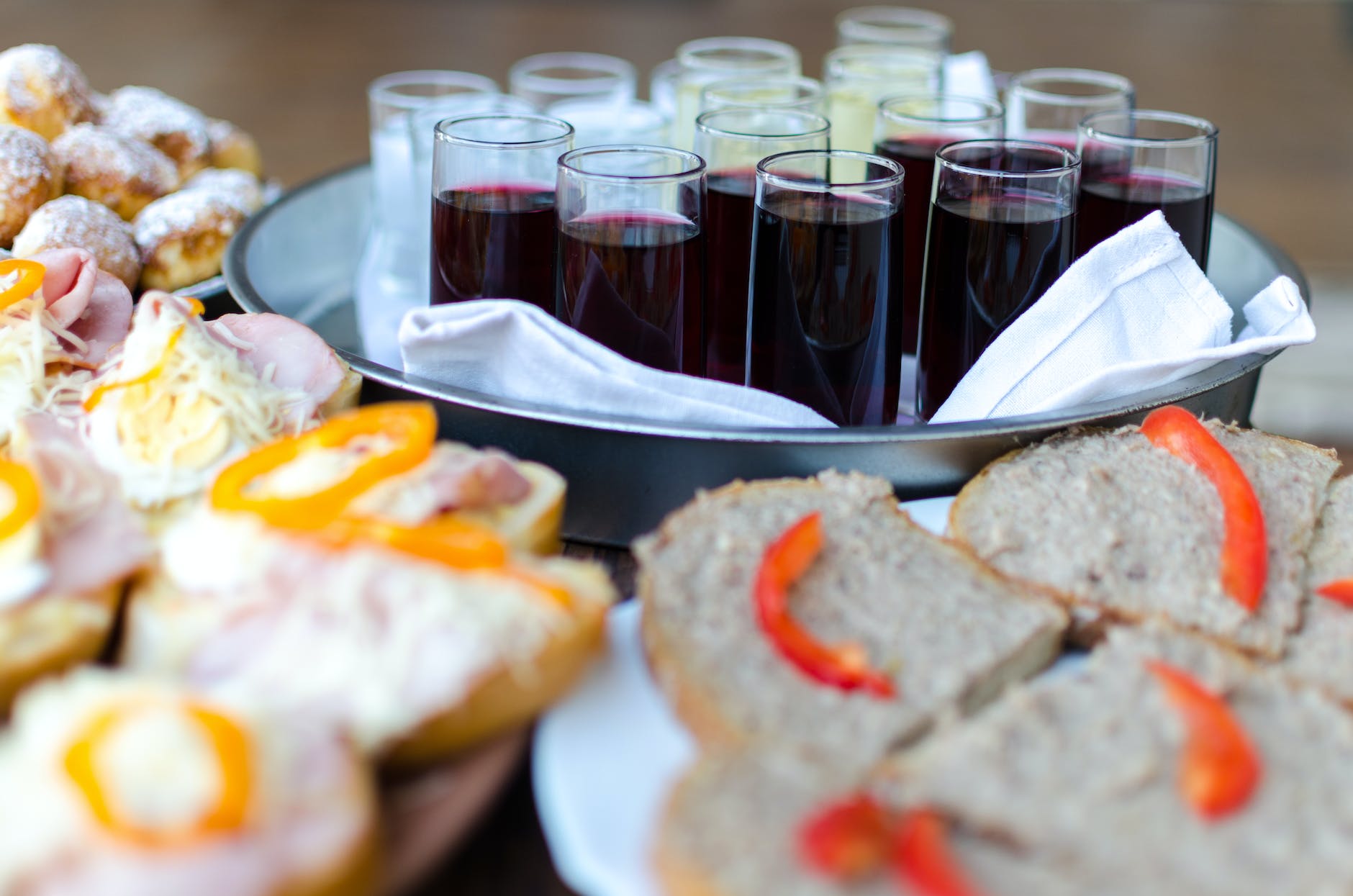
Photo by Lukas on <a href="https://www.pexels.com/photo/drinking-glass-lot-306046/" rel="nofollow">Pexels.com</a>
If you’re in the food and beverage business, then you know that scalability is key. That’s why it’s important to understand what steps you need to take in order to scale your business up successfully. In this blog post, we will discuss some of the most important things you need to know in order to make your food and beverage business more scalable. We will cover topics such as production, marketing, and distribution. So whether you’re just starting out or you’ve been in the business for a while, this blog post is for you!
Production
When scaling up your food and beverage business, it’s important to ensure that you have the capacity to keep up with demand. This means investing in production equipment such as packaging machines, blenders and mixers, ovens and cooking implements, etc. It also means making sure that you have a sufficient number of skilled personnel for the job. Outsourcing may be an option worth considering if you don’t have these resources readily available. For example, OMRON Technologies offers production solutions that can help you produce greater quantities of food and beverages in less time. Just make sure that you have a reliable supplier for you OMRON Parts as well.
Marketing
One of the most important components of any successful business is marketing. You need to ensure that people know who you are and what your product is about. Investing in digital marketing strategies can go a long way here – from crafting social media campaigns to leveraging influencer marketing to creating SEO-friendly content. Doing so will help you reach out to more potential customers, increase your brand visibility and build trust with the public.
Photo by Arshad Pooloo on Unsplash
Distribution
Once you’ve got the production and marketing aspects down, it’s time to think about distribution. This involves finding reliable third-party suppliers who can get your product from point A to point B quickly and safely. It also requires ensuring that you have enough inventory of your product in stock at all times in order to meet customer demand. Finally, it means having a strong logistics infrastructure – from transportation fleets to warehousing facilities – in place so that you can distribute your products effectively.
Sustainability
Finally, it’s important to think about sustainability. This means reducing your energy consumption and waste production as much as possible. It also means sourcing your ingredients from eco-friendly suppliers who are committed to protecting the environment. Investing in sustainable practices will help you build a positive reputation for your brand and ensure that you remain competitive in the long run. For example, you could switch to renewable energy sources or invest in composting materials that can be used to create fertilizer for your crops.
These are just some of the key things you need to keep in mind when scaling up your food and beverage business. Remember, scalability is not only about increasing production and marketing efforts – it’s also about investing in sustainable practices, building strong relationships with third-party suppliers, and creating an efficient distribution system. By taking these steps, you can ensure your business continues growing and thriving.


